The International Working Conference on Requirements Engineering: Foundation for Software Quality (REFSQ) is one of the leading international forums in the area of Requirement Engineering for software systems. My main activity was to present a full research paper at this conference which was held in Essen, Germany, April 7-10, 2014. The paper was titled “Requirements-driven Social Adaptation: Expert Survey” and was collaboratively written with colleagues from University of Birmingham.
In this research paper I disseminated a part of my findings of the first year of my PhD. It reports on the results of a two-phase Expert Opinion study that was conducted to identify core benefits, domain areas, styles of use and challenges for the socially-adaptive software and users’ feedback acquisition. The study involved around 30 experts in Requirement Engineering and Adaptive Systems which also helped us to know how our vision in the area is perceived by the wider community.

The Graduate School PGR Fund provided me with a great opportunity to attend the REFSQ’14 conference and get my work published and recognized. Being able to participate in REFSQ’14 was one of the distinguished events in my PhD journey. It played a significant role in increasing my motivations and confidence and giving my research a visibility in such a well reputed venue. The reviews of the paper and the feedback given by REFSQ’14 attendees were invaluable and, together with the constructive feedback and critiques, helped me preparing well for the transfer exam which went very well. This activity consolidated my presentation and communication skills.
I would like to thank the Graduate School for this PGR Development Fund which enabled me to have this great opportunity. Participation at REFSQ’14 was a huge motive that pushed me step further towards a successful PhD journey.


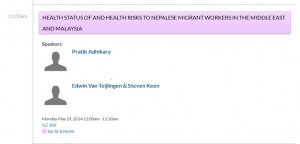


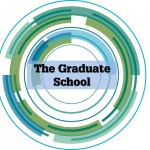

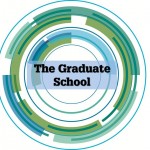



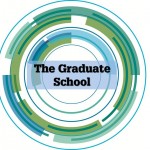

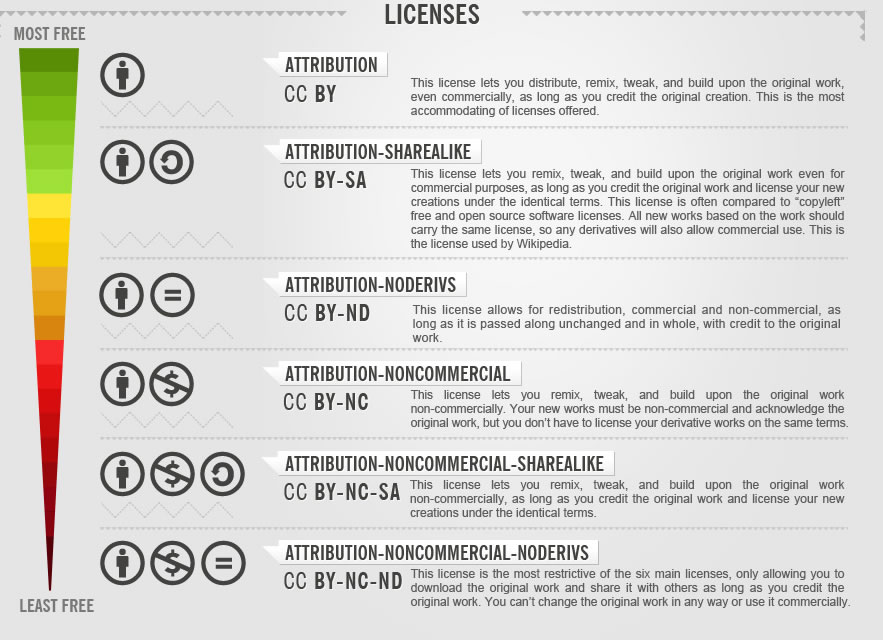
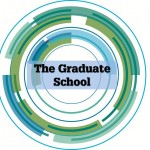
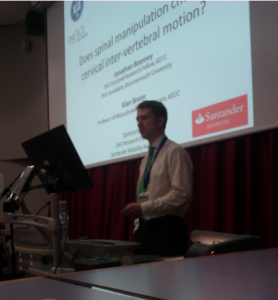

 “Kip on the Beach”
“Kip on the Beach”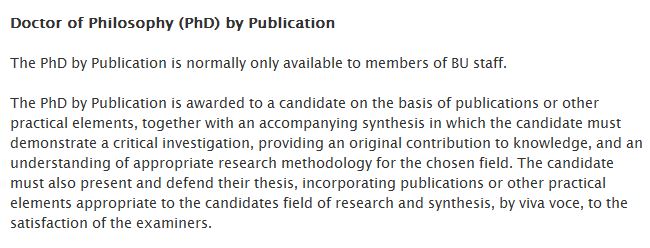













 Beyond Academia: Exploring Career Options for Early Career Researchers – Online Workshop
Beyond Academia: Exploring Career Options for Early Career Researchers – Online Workshop UKCGE Recognised Research Supervision Programme: Deadline Approaching
UKCGE Recognised Research Supervision Programme: Deadline Approaching SPROUT: From Sustainable Research to Sustainable Research Lives
SPROUT: From Sustainable Research to Sustainable Research Lives BRIAN upgrade and new look
BRIAN upgrade and new look Seeing the fruits of your labour in Bangladesh
Seeing the fruits of your labour in Bangladesh ECR Funding Open Call: Research Culture & Community Grant – Apply now
ECR Funding Open Call: Research Culture & Community Grant – Apply now ECR Funding Open Call: Research Culture & Community Grant – Application Deadline Friday 12 December
ECR Funding Open Call: Research Culture & Community Grant – Application Deadline Friday 12 December MSCA Postdoctoral Fellowships 2025 Call
MSCA Postdoctoral Fellowships 2025 Call ERC Advanced Grant 2025 Webinar
ERC Advanced Grant 2025 Webinar Update on UKRO services
Update on UKRO services European research project exploring use of ‘virtual twins’ to better manage metabolic associated fatty liver disease
European research project exploring use of ‘virtual twins’ to better manage metabolic associated fatty liver disease